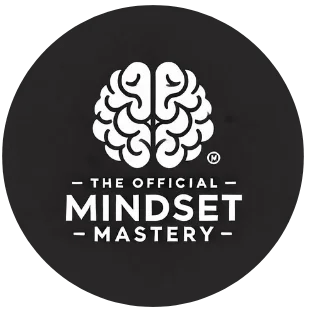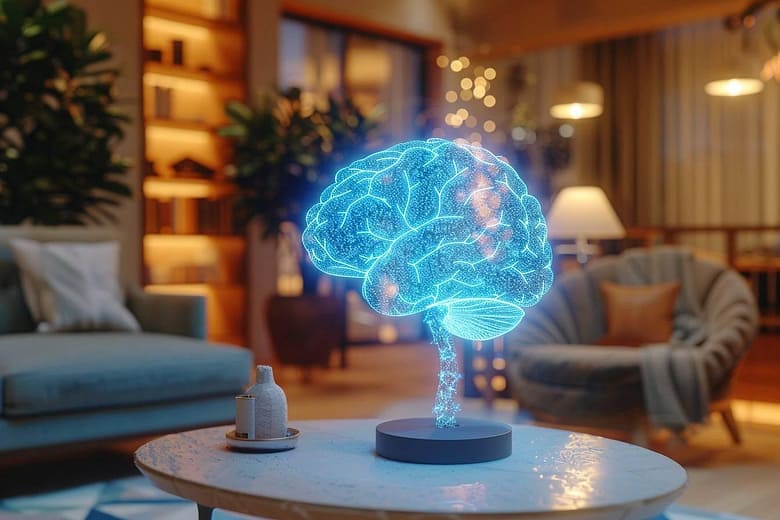Artificial intelligence (AI) is revolutionizing various sectors, and mental health care is no exception. As we navigate the complexities of modern life, the need for accessible and effective mental health support has never been greater. AI technologies are emerging as powerful tools to address this growing demand, offering innovative solutions to age-old challenges in mental health care.
Understanding the mental health landscape
Mental health disorders affect a significant portion of the global population, with at least 10% of people worldwide experiencing some form of mental illness. This staggering statistic underscores the critical need for improved mental health services. Among adolescents, the situation is even more concerning, with 15% experiencing mental health conditions. These numbers highlight the urgency of finding new approaches to mental health care.
The economic impact of mental illness is equally alarming. Projections indicate that mental health disorders will cost the global economy a staggering $16 trillion between 2010 and 2030. This economic burden, coupled with the human cost of suffering, emphasizes the importance of innovative solutions in mental health care.
As we face these challenges, AI emerges as a promising ally in the field of mental health. Its potential to enhance diagnosis, treatment, and support has caught the attention of researchers, clinicians, and patients alike. Let’s explore how AI is transforming mental health care and the benefits and challenges it presents.
Transformative applications of AI in mental health
AI is making significant strides in mental health care, offering a range of innovative applications that are reshaping the landscape of treatment and support. Here are some key areas where AI is making a difference:
- Early detection and diagnosis: Machine learning algorithms can analyze vast amounts of patient data to identify patterns indicative of mental health conditions, potentially leading to earlier interventions.
- Personalized treatment plans: AI can tailor interventions based on individual patient data, offering more targeted and effective care strategies.
- 24/7 support through AI chatbots: Virtual therapists and chatbots provide round-the-clock emotional support and basic therapy sessions, expanding access to care.
- Enhanced clinical decision support: AI tools assist mental health professionals in making more informed decisions about patient care and treatment options.
- Automated administrative tasks: By handling routine paperwork, AI frees up clinicians to focus more on patient care.
These applications demonstrate the versatility of AI in addressing various aspects of mental health care. From improving diagnostic accuracy to providing continuous support, AI is proving to be a valuable asset in the field.
Benefits of AI in mental health treatment
The integration of AI into mental health care brings numerous benefits that have the potential to transform the way we approach mental wellness. As someone who has spent years exploring strategies for personal growth and resilience, I find these advancements particularly exciting. Here are some key advantages of AI in mental health treatment:
Improved accessibility: AI-powered solutions can reach underserved areas and populations, breaking down geographical and financial barriers to mental health care. This democratization of access is crucial in ensuring that effective stress management techniques and other mental health resources are available to all who need them.
Enhanced accuracy in diagnosis: AI algorithms have shown remarkable accuracy in detecting mental health conditions, with some studies reporting 63-92% accuracy rates. This improved diagnostic capability can lead to earlier interventions and more effective treatment plans.
Personalized care: By analyzing individual patient data, AI can help create tailored treatment plans that address specific needs and preferences. This personalization can significantly enhance the effectiveness of therapy and medication management.
Continuous monitoring and support: AI-powered apps and wearable devices can provide ongoing monitoring of mental states, offering real-time support and early warning signs of potential issues. This constant vigilance can be a game-changer in managing chronic mental health conditions.
Cost-effective solutions: AI-driven mental health services often come at a lower cost compared to traditional therapy, making mental health care more affordable and accessible to a broader population.
| Benefit | Impact |
|---|---|
| Improved accessibility | Reaches underserved populations |
| Enhanced diagnostic accuracy | 63-92% accuracy in detecting conditions |
| Personalized care | Tailored treatment plans |
| Continuous monitoring | Real-time support and early intervention |
| Cost-effectiveness | More affordable mental health care options |
Navigating challenges and ethical considerations
While the benefits of AI in mental health are substantial, it’s crucial to acknowledge and address the challenges and ethical considerations that come with this technological advancement. As we embrace these innovative solutions, we must also be mindful of potential pitfalls:
Data privacy and security: The sensitive nature of mental health data raises significant concerns about privacy and security. Ensuring robust protection of patient information is paramount to maintain trust and compliance with regulatory standards.
Algorithmic bias: AI systems are only as unbiased as the data they’re trained on. There’s a risk of perpetuating or exacerbating existing biases in mental health care, potentially leading to unfair or inaccurate assessments for certain groups.
Lack of human touch: While AI can provide valuable support, it cannot fully replace the empathy and nuanced understanding that human therapists offer. Maintaining a balance between AI-driven solutions and human interaction is crucial for comprehensive care.
Integration challenges: Implementing AI technologies into existing healthcare systems can be complex, requiring significant training for clinicians and potential overhauls of current practices.
Regulatory hurdles: The rapid advancement of AI in healthcare outpaces current regulatory frameworks, creating challenges in ensuring safety, efficacy, and ethical use of these technologies.
Addressing these challenges requires a collaborative effort from technologists, healthcare professionals, policymakers, and ethicists. As we navigate these complexities, it’s essential to prioritize patient well-being and ethical considerations in the development and deployment of AI mental health solutions.
The future of AI in mental health care
As we look towards the horizon of mental health care, the role of AI continues to evolve and expand. The future promises even more sophisticated and integrated AI solutions that could revolutionize how we approach mental wellness. Here are some exciting trends and possibilities:
Advanced emotional intelligence: Future AI systems may develop more nuanced understanding of human emotions, leading to more empathetic and effective virtual therapists.
Integration with wearable technology: AI-powered wearables could provide real-time monitoring and intervention for mental health issues, offering proactive support before crises occur.
Precision psychiatry: AI could enable highly personalized treatment plans based on an individual’s genetic makeup, lifestyle, and environmental factors, leading to more effective interventions.
Enhanced predictive capabilities: Advanced AI algorithms may be able to predict mental health crises with greater accuracy, allowing for preventive measures to be taken early.
As we embrace these advancements, it’s crucial to maintain a balanced perspective. While AI offers tremendous potential in mental health care, it should complement rather than replace human expertise and compassion. The goal is to create a synergy between technology and human care, offering the best possible support for those struggling with mental health issues.
In my journey of exploring personal growth and resilience, I’ve come to appreciate the importance of a holistic approach to mental wellness. AI presents an exciting opportunity to enhance this approach, providing tools that can support and amplify our efforts to build mental resilience and maintain emotional well-being.
As we navigate this new frontier in mental health care, it’s essential to remain mindful of both the opportunities and challenges that AI presents. By fostering collaboration between technologists, healthcare professionals, and policymakers, we can harness the power of AI to create a more accessible, effective, and compassionate mental health care system for all.





